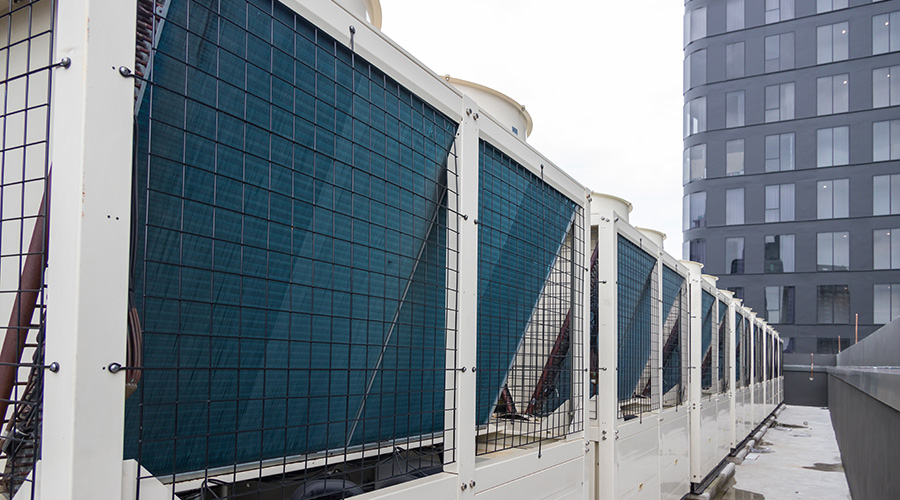What To Know Before Building A Modular Data Center
MODULAR DATA CENTERS are attractive options for facility managers for many reasons. Built offsite in a controlled environment, modular data centers primarily offer owners flexibility and speed. With proper planning and logistics, modular data center units can be built ahead of time or while the remainder of a project is under construction. Because modular units can be fabricated at an assembly plant and stored until ready for use, concurrent construction can occur while site permitting is processed, and while site work and support construction is underway. Modular, factory-built, repetitive units provide a higher level of quality due to the indoor controlled construction environment and the ability to make continuous improvements throughout the manufacturing process.
Not all modular data center designs are the same. There are essentially three types of modular designs:
1. A complete modular data center including infrastructure and IT equipment room space, fabricated offsite and shipped to the site fully assembled in one piece. For ease of shipping, these units are often designed to comply with the international size requirements of intermodal (e.g. ISO standard) shipping containers.
2. Individual components designed and assembled in a modular form, and shipped to the site for assembly into a complete data center with infrastructure and IT computer room space.
3. Portions of the data center infrastructure or IT cabinets can be assembled offsite, including electrical equipment skids and cooling system packages, and then installed in existing or newly built spaces. This speeds installation and limits on-site construction time. Modules can consist of skid-mounted equipment or complete enclosures in one package suitable for exterior installation.
A wide range of data center owners may consider modular data centers and modular components, including data center wholesalers, colocation providers, universities, and corporations. These organizations typically have projects that require flexibility, maximum clear height, non-standard types of IT equipment, air side economization, low PUE (power utilization effectiveness), and other desirable features.
Related Topics:














